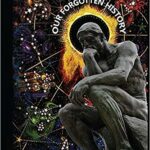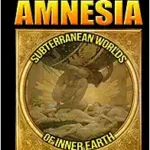

Esoteric Religion of the Aryan Magi Truth Mafia
Tommy Truthful: Exploring Iran’s Aryan Heritage and Ancient Mysteries

Welcome to another intriguing installment of “TruthMafia.” Today, we delve into the fascinating history of Iran’s Aryan heritage, a journey through time that unravels mysteries of ancient cultures, symbols, and beliefs.
Iran’s Aryan Roots: A Historical Overview
In 1935, a significant proclamation by the Shah of Iran renamed Persia to Iran, echoing its ancient Aryan roots. The term “Iran” stems from the Sanskrit phrase “Arianam Veja,” meaning the home of the Aryans. Following this change, Germany recognized Iran as an Aryan nation in 1936, exempting it from the Nuremberg laws. This gesture signified a unique historical relationship between Germany and Iran, with implications on the Jewish community in Iran.
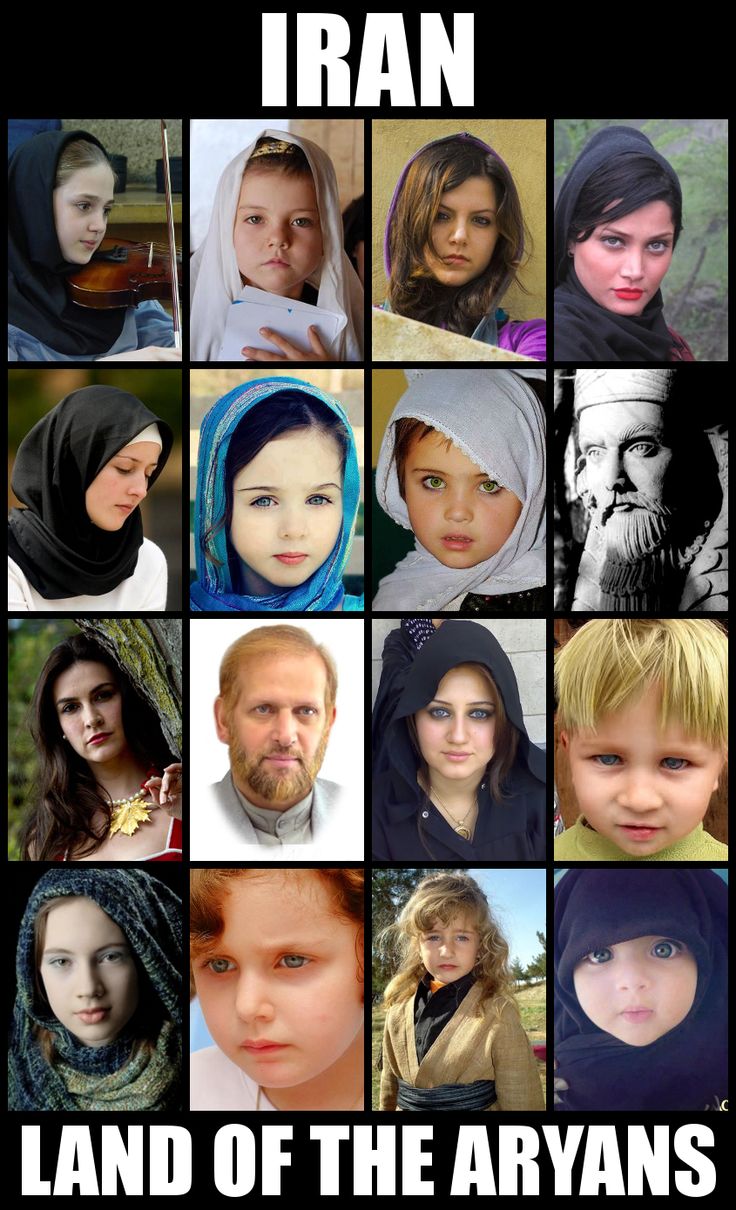
The German-Iranian Connection and the Nazi Directive
Hitler’s cabinet in 1936 issued a directive that shielded Iranian Jews from wearing the yellow Star of David, a significant deviation from the prevailing antisemitic policies. This decision was part of a broader German strategy to align with Iran, evidenced by the provision of a “German scientific library” to Iran in 1939. The library aimed to strengthen cultural ties by highlighting the shared Aryan heritage.

Exploring the Aryan Symbolism: The Swastika
The swastika, an ancient symbol associated with the Aryans, has been a subject of scholarly interest. Thomas Wilson, a notable anthropologist, explored its origins and significance in his 1896 book. He suggested that the dispersion and migrations of Aryan peoples could explain the widespread presence of the swastika across various cultures.

The Mystical Aryan Magi and Zoroastrianism
The ancient Iranian religion, Zoroastrianism, and its deities like Aura Mazda and Angra Mainu (or Ariman), offer a glimpse into the spiritual beliefs of the Aryans. The dualistic nature of these deities, representing good and evil, reflects a complex theological framework that has influenced various cultures and religious practices.
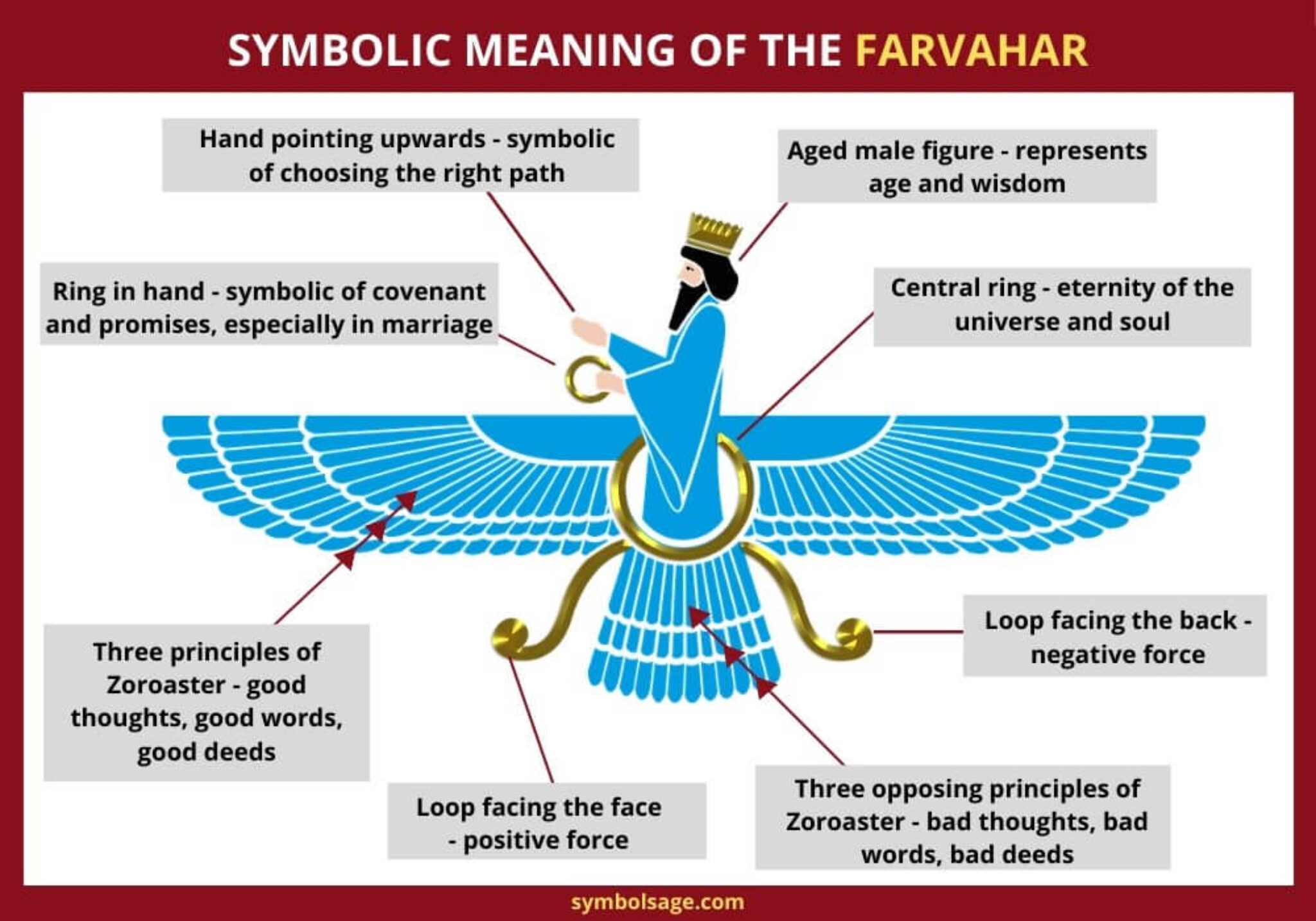
The Influence of Ancient Aryan Beliefs on Global Cultures
From ancient Greece’s Dionysian mysteries to the philosophies of Plato and Pythagoras, the teachings of the Aryan Magi have left a profound impact on world civilizations. These ancient beliefs and practices, often centered around solar worship and esoteric knowledge, have shaped various religious and philosophical traditions.
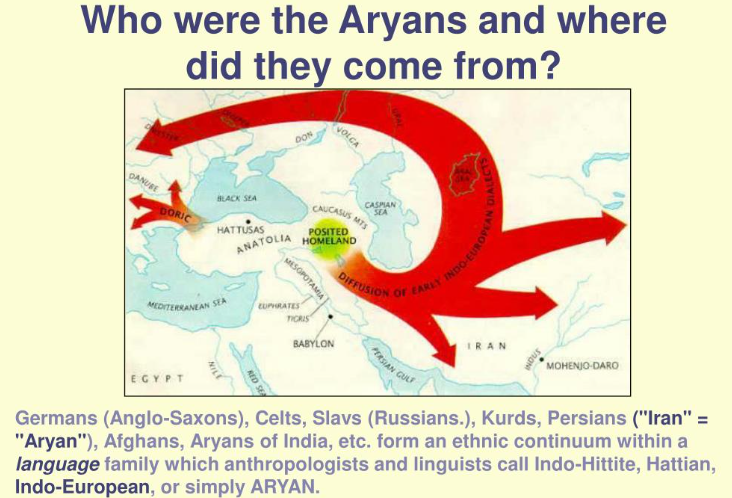
The Legacy of the Aryan Race in Historical Context
The concept of the Aryan race has been a subject of significant debate and controversy. Historical and genetic research indicates that the Aryans, often associated with specific physical traits like blue eyes and fair skin, have played a pivotal role in the development of civilizations across the Middle East and Europe.
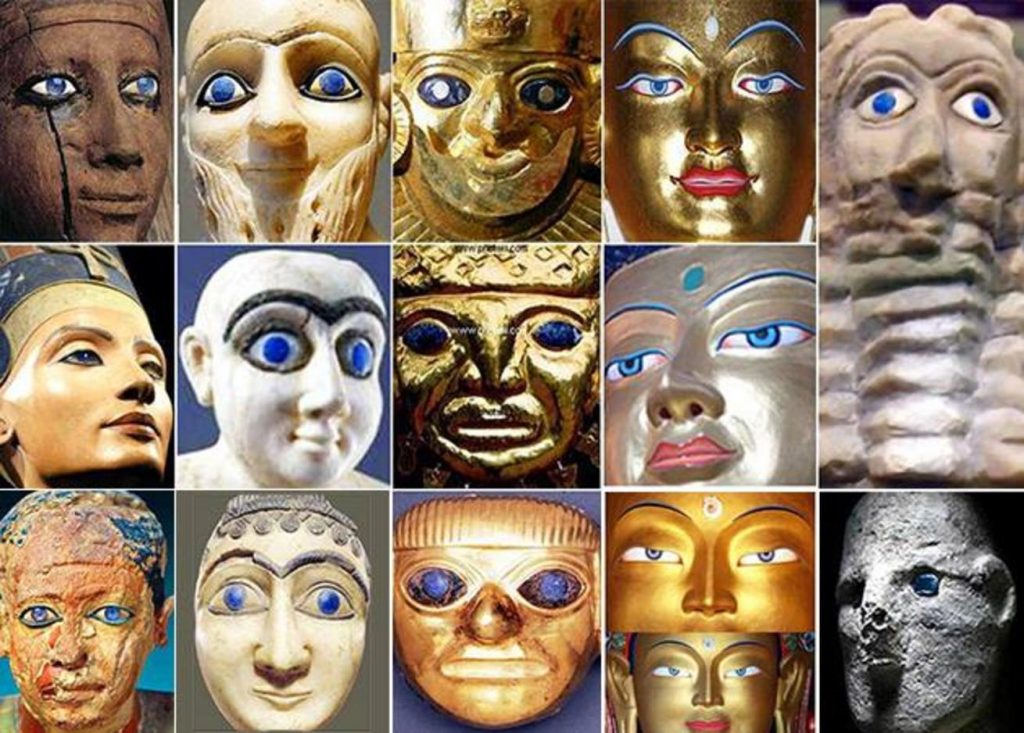
Concluding Thoughts: The Aryan Influence in Historical Perspective
In conclusion, the history of Iran’s Aryan heritage and its influence on global cultures and religions is a testament to the complex interplay of ideas, beliefs, and civilizations throughout history. The legacy of the Aryans, encapsulated in symbols like the swastika and reflected in the teachings of ancient religious figures, continues to intrigue and inspire scholars and truth-seekers alike.
This exploration of Iran’s Aryan heritage and its global impact offers a glimpse into the rich tapestry of human civilization. Join us next time on “TruthMafia.com” for more insightful explorations into history’s fascinating narratives.
#IranAryanHeritage #AncientMysteries #CulturalHistory #Zoroastrianism #AryanInfluence #HistoricalPerspectives #SwastikaSymbolism #TruthMafia
Thank you for journeying with us through this historical exploration. For more fascinating insights, stay tuned to TruthMafia.com, your destination for uncovering the truths of history and culture.
Robert Sepehr is an anthropologist and author
(books available here)
Underground tunnels found under synagogue and Crown Heights New York!
🔗 Become a Made Member! Elevate your status within the Truth Mafia for just $8.88/month. Want to be part of the inner circle? Click on the link below and join the mob! https://truthmafia.com/jointhemob
![]()
Summary
➡ The text details the genetic evolution and socio-cultural practices brought in by Iran, Armenia, and Turkey to Mesopotamian cultures, such as the Sumerians and Babylonians, including attributes like blue eyes, fair skin, and blonde hair. It also explores the origins and influences of magian philosophy, including the early greek philosophers and Esoteric teachings, encapsulated within the Jewish Kabbalistic mysticism, that were adopted by other organizations like the Knights Templar, Cathars, Rosicrucians and the Freemasons.
➡ The text discusses the interconnected heritage of ancient occultism, notably in the teachings of Pythagoras, Plato and the Kabbalah. It details how these teachings from early Jewish Kabbalists were spread and evolved under Greek influence, particularly after Alexander the Great’s conquests. These different variations of ancient occult traditions converged in Alexandria, giving birth to Hermeticism, Neoplatonism, Gnosticism, and the concept of the Aryan race. The text further explores the implications of these occult teachings on modern concepts, symbols, and philosophies, such as the Star of David, the idea of the master race, and the Freemasons’ objective of building a new world order using witchcraft.
Transcript
In 1935, the Shah of Iran issued a proclamation to the League of Nations that henceforth the country of Persia would be called Iran, the name reaching back in time to the country’s ancient roots and the Sanskrit phrase Arianam Veja, or home of the Aryans. In 1936, Germany declared Iran as the second aryan nation and exempt from the Nuremberg laws. Germany bestowed their seal of racial purity on the iranian kingdom.
The Nuremberg laws that had made antisemitism the law of the land were amended, which included persian Jews. Iranians, formally agitated in 1936, were to be considered as aryan as any full blooded German. In fact, in 1936, Hitler’s cabinet issued a nazi directive that exempted iranian Jews from wearing the yellow Star of David. Hitler personally promised that if he defeated the Soviet Union, he would return all of the persian land taken by Russians during the 19th and 20th centuries.
In 1939, Germany provided Iran with the so called german scientific library. The library contained over 7500 books selected to, quote, convince iranian readers of the kinship between the national socialist Reich and the aryan culture of Iran. What was at the root of Germany’s close historic ties to Iran and why were they thought by the Anurbe to be descended from ancient Aryans? In his 1896 book called the Swastika, the earliest known symbol and its migrations, Thomas Wilson, curator of the department of prehistoric anthropology in the US National Museum, wrote, quote, an aryan symbol used by the aryan peoples before their dispersion through Asia and Europe.
This is a fair subject for inquiry and might serve as an explanation how, as a sacred symbol, the swastika might have been carried to the different people and countries in which we now find it by the splitting up of the aryan peoples and their migrations and establishment in the various parts of Europe. But who were these aryan people? Where did they come from? And what exactly was the meaning behind the symbol itself? In the religion of the aryan magi of ancient Iran, Zorvan is both the sun God and the God of time and space, neither good or evil, but completely neutral.
The primordial keeper of balance, neutrality and in charge of the flow of time throughout all of existence. Zorvan’s true form is absolutely incomprehensible to any mortal, but is sometimes depicted as father time. An old man with a long silver beard, Zuravan is the androgynous parent to equal but opposite twins, Aura Mazda and Angra Mainu, also called Ariman. Aura Mazda is the sky God of the ancient iranian religion of Zoroastrianism, where aura means lord and Mazda means wisdom.
Ariman is the destructive or evil spirit in the zoroastrian religion, which is locked in an ongoing struggle with Aramazda, which lasts for 12,000 years, when at the end the evil creation is destroyed. Zuravan developed into the hellenistic ion, the alexandrian God of eternity, who was at the head of the divine hierarchy in Mithraism, regulating the revolution of the stars and often depicted as a nude male figure with a lion’s head with a serpent coiled six times around his body, which was also covered with zodiacal signs and the emblems of the seasons.
Lord of the four elements, he rules over four winds or four directions, and the four seasons, which are sometimes also represented by four seasonal solar deities depicted in the four corners of his icons or symbolized by his four wings. Although they were historically considered zoroastrian priests, the magi themselves were not part of the mainstream zoroastrian religion, but were adepts of an initiatory sect of the mithraic mysteries based on the cult of the rising sun God, Mithra.
In mystery school religions, the sun or fire worship are metaphors and should not be taken literally. They are symbolic with seven grades of initiation, which are mirrored in the seven chakras of the human body that are illuminated through sacred tantric rituals that enable the adept to bypass the ego and attain higher states of consciousness, where they can gain insight by subjectively interacting with the divine collective unconscious or their own higher self, attaining a trancelike gnostic state where they can transcend time and allegedly perform acts of divination, clairvoyance and other forms of mediumship.
Of course, the secret rituals of the mithraic cult sometimes involved consumption of psychoactive substances like psilocybin mushrooms, coupled with various inner alchemical techniques that prolonged, heightened, and transmuted the orgasm to facilitate the bioelectromagnetic energy required to induce astral manipulation or magic, a term derived from the word magi. This brings us to the greek God kronos, which means time and was known as Saturn in ancient Rome. In antiquity, three dimensional space and time was represented as a cube with twelve edges, symbolically synonymous with the primordial black sun, Saturn, kronos and zervan, which speaks to the esoteric black cube symbolism in some abrahamic faiths whose kabbalistic origins predates Judaism and Islam and can be traced back to the ancient magi.
In greek mythology, the solar deity was represented in four stages in alignment with the four seasons, where in summertime he was known as helios, when the sun was at its peak, with the days at their longest during the summer solstice at the time of harvest, as the climate became colder and plants started to die, the sun was represented by Saturn, considered the nocturnal or black sun, ushering in the transition to autumn, which after the winter solstice, Pluto would rule, also known as Hades, the God of the dead and the king of the underworld, who also plays a prominent role in the lusinian mysteries, which I covered in a prior video, where Persephone symbolically dies when she’s crowned queen of the underworld and then is reborn.
This period is followed by Zeus as the sun God in spring, also known as Jupiter, the king of the gods, coinciding with Easter and the time of resurrection, when vegetation and crops start to grow again and the days start to get longer and warmer, heading back into summer, repeating the endless cycle of renewal and rebirth. When you go deep into greek mythology, you find that Saturn is a father of Jupiter and many other gods.
It is symbolized with a scythe or cycle, and it is also called Kronos, the God of time and death, because astrologically, Saturn is related with the ray of death or destruction. When we investigate our root race, the aryan race, we know that the first sub rays of this aryan race flourish in Tibet, and then the second in India, in China, and the third in Egypt, Persia, Babylon. When we investigate the fourth, then we discover the greek roman civilization.
And of course, between these two races or sub races, we discover the emerging of Judaism and Christianity. So Theodorosiculus state that real is the highest of all the gods. Indeed, Iow is Saturn, the seasons of the year, according to this theologian, Diodoro Sikulus states that Zeus governs spring, Helios, the sun. Helios governs summer, eniyal, autumn or fall, while Hades, the God of hell, which is also called Pluto, governs winter.
Remember that Saturn is called also kronos, which is related with time. And time works, of course, through the sexual energy. In other words, we enter into the circle of time through sex. The swastika, therefore, represents the solar wheel, or the sun in its four seasonal aspects, perpetually renewed in an endless cycle of birth, death and resurrection, symbolic of the solar cycle of time in an astro theological context and spiritual immortality in an esoteric or occult context, where in the mystery school religions, the sun represents God and therefore light, the only light, the universal light, an omnipresent symbol of divine luminosity, the light within each of us, closely related to eternal light and endless time.
Zurvan’s influence is also found in the figure of the Buddha, Amitabha. The name Amitabha translates to infinite light, who in very ancient times may have been based on a monk named Dharmakara, who in some versions, is described as a former aryan king, as even Guatama Buddha himself was aryan nobility, described as having blue eyes, and commonly associated with the swastika symbol, which predates Buddhism itself, and in Tibet, was also revered by the earlier bond religion, which, according to Madame Helena Blavatsky, inherited its tradition of magic from the ancient Aryans.
Uncovered by the German National Socialist Expedition to Tibet in 1939, an ancient swastika bearing buddhist sculpture known as the Iron man turns out to have been carved from a meteorite that fell to earth around ten to 15,000 years ago, the time period when Atlantis was allegedly destroyed during a cataclysm featuring a swastika prominently displayed on its chest. The statue’s phenotype appears to be bearded, with caucasian features, and is dressed in scythian attire.
Scythian, incidentally, is acknowledged as being an aryan tribe from northern Iran that vanished from history in the fifth century. It’s from this region of northern Iran near Turkey and sites like Gobekli Tepe that the ancient Aryans described in the scientific journal Nature Communications as blonde haired, blue eyed, and faired skinned migrants that introduced the chocolateic or copper age to the Levant 6500 years ago. By sequencing DNA from the distant past, archaeologists have discovered that thousands of years ago, in what is now northern Israel, waves of migrating people from the north and east, what is now present day Iran, Armenia, and Turkey, arrived in the region, not only bringing with them new cultural practices, they also introduced new genes, including those responsible for blue eyes, which are reflected in the ancient statues of early mesopotamian cultures, such as the Sumerians and Babylonians.
The DNA retrieved from more than 600 bodies dating back approximately 6500 years ago, makes this one of the largest genetic studies of ancient DNA in the Near east, and concluded that the gene responsible for blue eyes was associated with 49% of the sampled remains, suggesting that blue eyes had become common in people living in Upper Galilee, a widespread phenotype in the ancient Middle east, as well as fair skin and blonde hair, which in modern times has become very rare.
Of course, this speaks to why the most ancient depictions of Jews are always portrayed as resembling modern Europeans, and why, despite pushback from federally funded universities, which prefer to push an afrocentric narrative, early depictions of Jesus Christ, if he actually existed, faithfully depict him with the accurate phenotype of the ancient Middle east with blonde hair and blue eyes. That said, in late 2017, scholars announced the discovery of an original greek copy of a heretical christian manuscript that tells the story of what Jesus secretly taught about his brother James, also known as James the Just, an early leader of the church.
The page of coptic writing is from the Nag Hamadi, now at Oxford University, containing 13 coptic gnostic books found in 1945 in Egypt. In it, we find conversations that allegedly took place between Jesus and his brother James, where Jesus imparted secret teachings. Of course, Jesus was also depicted with swastika symbols speaking to the ancient pre christian concept of death and rebirth, or spiritual immortality, seen on early christian statues and other iconography, including places like ancient Ethiopia, which, according to Herodotus, was once home to people of a very fair complexion, which is supported by ancient ethiopian dna that reflects a high degree of eurasian admixture and antiquity.
That said, the religious philosophy at the time in the levant included christian gnostic sects, such as the Essenes, that flourished in the first and second century and reflected the same dualistic concepts found among the mystery teachings of the magi, which was adopted into the jewish kabbalistic mysticism that was disseminated by Jews after the fall of Babylon, where they possibly picked up esoteric teachings of the aryan Magi during their captivity.
That in turn influenced early beginnings of philosophy in places like Greece around the 6th century BC. Its etymology comes from the terms philo, which means love of, and sophia, which means wisdom in a gnostic context, meaning esoteric knowledge. The chaldean Kabbalistic influence of the magi also went on to influence plato and by extension, neoplatonism, hermeticism, gnostic alchemists, such as the knights Templar, Cathars, Rosicrucians and the Freemasons, which is acknowledged by Albert pike, who said in his book Morals and Dogma, quote, the occult science of the ancient magi was concealed under the shadows of the ancient mysteries.
It was imperfectly revealed, or rather disfigured by the Gnostics. It is guessed at under the obscurities that cover the pretended crimes of the Templars. And it is found enveloped in enigmas that seem impenetrable in the rites of the highest masonry. Magism was the science of Abraham and Orpheus, of Confucius and Zoraster. It was the dogmas of this science that were engraven on the tables of stone by Hanok and Trismegestus.
Moses purified and revealed them, for that is the meaning of the word reveal. He covered them with a new veil when he made the holy Kabbalah, the exclusive heritage of the people of Israel and the inviolable secret of its priests, the mysteries of Thebes and Lucius, preserved among the nations, some symbols of it already altered, and the mysterious key whereof was lost among the instruments of an ever growing superstition that still and ever conceals from the profane and ever preserves to the elect the same truths.
It was this same remembrance, preserved or perhaps profaned in the celebrated order of the Templars, that became for all the secret associations of the rose cross, of the Illuminati, and of the hermetic Freemasons, the reason of their strange rites, of their signs more or less conventional and above all, of their mutual devotedness and of their power. The Gnostics caused the Gnosis to be prescribed by the Christians, and the official sanctuary was closed against the high initiation.
The hermetic science of the early christian ages, cultivated also by the Arabs, studied by the chiefs of the Templars, and embodied in certain symbols of the higher degrees of freemasonry, may be accurately defined as the Kabbalah in active realization or the magic of works. Its religious realization is the durable foundation of the true empire and the true priesthood that rule in the realm of human intellect. Its philosophical realization is the establishment of an absolute doctrine known in all time as the holy Doctrine, and which plutarch speaks at large but mysteriously.
And of the hierarchical instruction to secure the uninterrupted succession of adepts among the initiates. The primary tradition of the single revelation has been preserved under the name of Kabbalah by the priesthood of Israel. The kabbalistic doctrine, which was also the dogma of the magi and of hermes, is contained in the Zohar. Magic is that which it is. It is by itself, like the mathematics. What is the exact and absolute science of nature and its laws? Magic is the science of the ancient magi.
Tradition also gives these magi the title of kings. Because initiation into magism constitutes a genuine royalty, and because the grand art of the magi is styled by all the adepts, the royal art. You have to start with this notion that the Magi were priests of the religion of Zoroaster, what’s called zoroastrianism. It’s a persian religion. It’s well known for having two gods, Ahuramazda and Ahriman, who basically were in eternal cosmic conflict.
The magi that became famous throughout the world practiced a number of doctrines and beliefs that had nothing to do with orthodox zoroastrianism. So fundamentally, what you see is that they will worship some kind of dying God. In their case, it was Mithras. Or Mithra, which is basically the persian version of Baal and version of the goddess. I think her name was Anahita, which is the origin of Athena.
And they would have practiced belief in astrology, numerology, they believed in reincarnation and vegetarianism. In Greece, we already have sort of a bedrock of this dying God tradition that was existing there through the survival of various. The worship of Dionysus and various other versions. So what happens is that in the year, I think it’s 538, Cyrus conquers BaBylon from the BaBylonians and he releases the Jews from captivity.
What happens at this point is that the majority of them are allowed to return to Israel and to rebuild the Temple, but they don’t all return there. Some of them go to Egypt and some of them end up in Greece, because what’s important here is that the persian empire conquered the entire area of what is today Turkey and so on. The very westernmost part of Turkey was a region called a greek speaking region called Ionia.
And it’s well known that the first beginnings of greek philosophy began there. And again, what historians don’t tell you is that those philosophers emerge under persian occupation, even those are referred to as greek. And so if you look at what they call the presocratics, the earliest greek philosophers, their ideas all hold elements that are similar to the magian cult. And in particular, you can read Heraclitus, and this comes from the fifth century BC.
He says that the cult of Dionysus was borrowed from the Magi, and that’s an infernal cult dedicated to the Phallus. So the cult of Dionysus was key because it was the earliest form of the ancient mysteries in ancient Greece. So again, this was the same dying God ritual that involved intoxication, dancing and orgies and human sacrifice. So from the cult of Dionysus, you get the cult of Orpheus.
So now, at this time, you’ll find that there’s numerous claims that the earliest greek philosophers derived their teachings from this period of magian influence in ancient Greece, because what’s important is that a significant transformation happens here, as it happens in many parts of the world. This is also the 6th century, which is often referred to by scholars as the axial age, because there was so much in the transformation of world religions and ideas that took place in that century.
So what you have is you have this archaic, more ancient religious tradition in Greece, which was dedicated to the worship of Dionysus and these other gods, which now gets supplanted by this new cult, especially the cult of Dionysus, but also the advent of greek philosophy. And so that has been taken in our time by enlightenment philosophers to suggest that the Greeks, because the enlightenment was the so called age of reason.
So they were trying to see history as an evolution of reason, which is why they suggested that the Greeks were rejecting religion in favor of reason, and they were abandoning superstition in favor of empirical thought. The reality is that the greek philosophers were actually adopting a new religion, and that religion was the magin cult. And that’s why when you look at the fundamental teachings of the earliest philosophers, particularly Pythagoras and Plato, you can see that it was derived from magin teachings.
And this is the way that they were viewed ever since. And this is why throughout history, Plato has always been viewed as one of the major founding figures of the Kabbalah, by jewish kabbalahs as well. And this is why now you can see why Albert pike will claim this heritage for the magi. This magian cult is basically early jewish kabbalists, who were, because the world at the time did not know who Jews were.
So they basically confused them as Persians or Babylonians, which is why they were known as Phoenicians and described as having as practiced circumcision. But the ancient world made no distinction as to their religious practices. And so this cult then spread more and more, especially with greek influence. When Alexander the great conquered much of the world, that’s when this greek version of the Kabbalah then was infiltrated to various parts of the world, most importantly the city of Alexandria.
And this really Alexandria is really effectively what we can regard as the beginnings of the occult tradition, because this is where now you have this whole confluence of all these different versions. So now you have, in ALEXaNdRIA, you have the influence of the persian occult tradition, the egyptian occult tradition, which is known as hermeticism. You have the influence of the various ancient mysteries. So the mysteries of mithras, the mysteries of Sybil, the mysteries of vices, the mysteries of osiris, were all basically just variations of the ancient dying God mysteries.
ThE jewish mysticism, which is evidenced in groups like the EsSenes and another group affiliated with them in Egypt, and ALexander in particular, called therapeutic, the GreEK influence, which is called neoplatonism. And that’s how it enters the fold. And then you have gnosticism. Gnosticism is basically the Christian version of all these various cults. But the thing is that scholars refer to this era as an era of syncretism, because there are so many, what they thought were separate elements, cross pollinating each other without understanding that they all had a single origin in the cult of the Magi, and they were just basically branches of the same cult.
So hermeticism was the alchemical, sort of practical magic branch of this occultism. Neoplatonism was the theology, and the ancient mysteries were the rituals. So what happens in 6597? The BAbylonians come before that? What happens is that the Syrians come and they conquer the northern kingdom of Israel and send those people off into captivity. They become, from that point forward, the lost tribes. The lower kingdom of Judah is conquered again.
I said in 597, they are taken into captivity in BAbylon. And this is where they become in contact with the teachings of the ancient Magi, known to the World as ancient magi. But basically what happens is that they come into contact with the teachings of astrology and numerology and magic, which they incorporate with their religion of Baal. But now, instead of practicing their cult outwardly, they turn it into.
They disguise it as a mystical interpretation of Judaism, which becomes the Kabbalah, basically. So how the Kabbalah, effectively, it’s a gnostic version of Judaism. So according to the mystical teachings of the Kabbalah, the Jews are the chosen people. But what that means, effectively, is that history is laid out for their purpose. I’ve got to stop you there, because this is sounding a little bit too much to me like the nazi idea of the master race.
The Aryans. Yes. Well, now that’s where we’re getting to. So when you look at the term Aryan, the whole idea of the aryan race is a kabbalistic idea. It’s not expressed that way openly, but there’s enough hints in the language when you look at what the aryan race was referred to, who had survived the flood of Atlantis. They were descendants of the sons of God, of the Bible who lived before the flood.
They survived Atlantis, and then they landed in the mountains of Asia, or specifically the Caucasus, and then spread out through India and to Europe, which is why they’re referred to as the Indo Europeans. So it’s important to remember at this point now that the arian race was a kabbalistic idea. So as paradoxical as might seem, the whole concept of the aryan race is actually occult jewish supremacy. The Star of David, of course, is not a jewish symbol.
It’s a magical symbol from the practical kabbalah and swastika. The reason it was adopted is because it was a symbol that was believed to be a hallmark of the survival of the Aryans. And in this case, they thought it was a representative of reincarnation, which is found in Buddhism, which was similar to a belief called Gilgul from the Kabbalah, which also has a kind of belief in reincarnation.
But I mean, you’re talking about the Star of David there, these two triangles, one superimposed upon another. This has become obviously a massive symbol now on the israeli flag, et cetera. The idea comes from the legend that Solomon was granted the power to employ demons, spirits in Islam. They called Jinn to assist him in building the temple. And so he had a ring which had a seal on it, which is what would apparently gave him power over these entities.
And so this is why this craft, witchcraft is sort of supposed to be the craft of Freemasonry. And this is why Masons allegorically are trying to rebuild the temple of Solomon by using the craft and the seal of Solomon, which is control over entities, to rebuild the temple, which is an allegory for building, effectively. Sorry for the cliche, but a new world order. My name is Robert Sepper.
I’m an anthropologist. My published work is available on Amazon and through all other major book outlets. If you’d like to support my work, you can do that through patreon. com. There should be a link in the description. Please subscribe for future updates. Leave your thoughts below. Have a wonderful weekend and I hope to see you again soon. .






